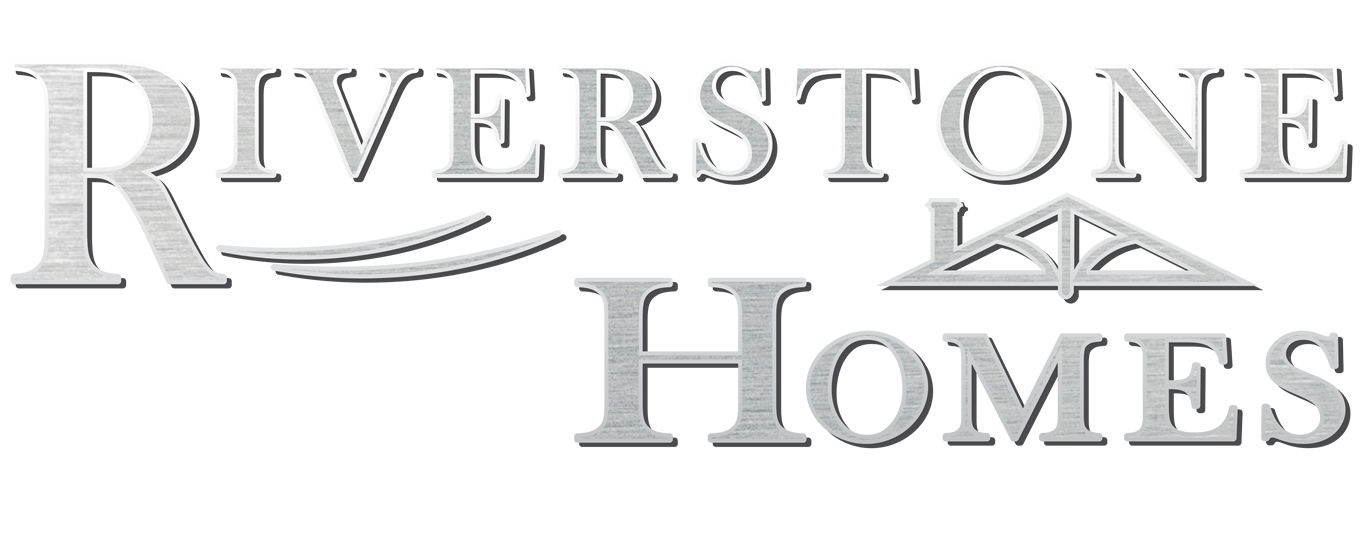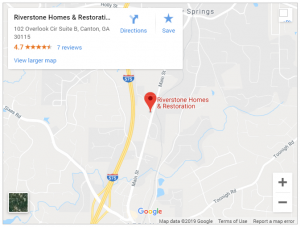Do I need to protect my house from the cold in the south?
Even though the state of Georgia rests firmly in the ‘heat of the south’, residents should be aware that it is still possible to experience extreme winter temperatures. In the northern third of the state, temperatures can drop below freezing point, usually overnight, on as many as 100 days each year.
To prepare for these lower temperatures, it is therefore essential to pay attention to most of these tips to ensure the longevity of your house. If you own rental property, following these steps will ensure your property can stay safe — even when it is empty — and save you money from expensive repairs.
- Disconnect and store your water hoses and cover your outside faucets and spigots. Covering them will prevent only a light freeze, so there’s also value in cutting the water off inside the wall so that the water can drain down before a freeze occurs.
- Set your heating system to a minimum of 65 degrees F. This will prevent most things inside the home from being affected by what’s happening outdoors.
- If you have a natural wood-burning fireplace, close the flue when you’re not using it to prevent unnecessary escape of your warm air. Just don’t forget to open it again when you strike the next match, unless you’re a fan of smoking out the house.
- Take time to walk the perimeter of your house and check for cracks and openings that need to be sealed. Check especially around pipes and outdoor vents. If need be, replace the rubber seals around your exterior door frames. Be sure your window frames are all snug. All these areas are leaking warm air from your home and raising your utility costs.
- Most do not think about the gutter system, but that should definitely be cleared from leaves and other debris that has collected in them. These can prevent good water run off (as designed) and hold water in place which can freeze, over-burden the gutter and possibly cause it to separate from the roof line.
- Pipes do freeze, and if not properly insulated by the original builder those pipes can burst as the water inside them solidifies and expands. With that in mind it is very important to know where your main water cut off valve is located in your home. You will also find a cut off valve near each sink and toilet. On days where the temperatures drop closer to zero, it’s good to allow the faucets to run a slow drip to keep water moving. Water in motion will not freeze as quickly.
- When the house will be completely empty for more than a few days in freezing temperatures – it would help to take these 7 winterizing and winter-proofing steps:
- Turn off the water to the home. Be sure to locate the main water valve to do this, or if your house is on a well, you’ll need to locate the main breaker to the pump system.
- Turn off and drain the water heater once water has been turned off. Make sure you set your temperature controls are set to the “off” position, and close off your gas valve. Electric water heaters require shut-off at the breaker. Important (!) open the faucet or spigot for air flow to happen as water drains.
- Water must be drained from supply lines, if water is present there it risks freezing. Leave your fixture shut-off valves open.
- Make sure all devices hooked to the water system (wash machine, ice maker, toilets, tubs, sinks, etc.) have been properly drained or disconnected. Electrical breakers should be shut-off during this winterization weather proofing period as well.
- Check heating systems (i.e.-high-efficiency furnaces) that may work using the water system.
- Set heating system to minimum setting and post “winterization” signs in the house in case you’re not the first person to return to the house.
- If your house has a very elaborate water/electrical/heating system, be sure to work with professional plumbers and HVAC contractors to properly winterize your home.
If you end up with issues that you can’t easily solve, call a trusted local home improvement contractor who understands the home inside and out. In the Canton, Woodstock, Acworth and surrounding areas you can call Riverstone Homes to help you assess what is needed, especially if there’s an emergency or restoration need after a burst pipe or other extreme situation. Call 770-479-7205 for help today.




